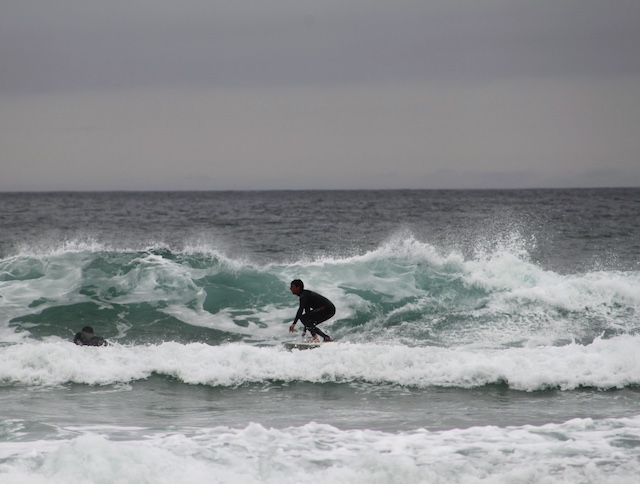Ruth Moore, HASS Blog editor, looks back on this year’s tales from the Exeter PGR community
The life of a postgraduate research student across Exeter’s three campuses is a curious thing. One day we might be deep in lab work from dawn to dusk, the next we are chasing down a record in an obscure archive. Some of us surf as the sun comes up to fuel up for the day ahead; some spend hours searching for literature. We teach, we write, we present, we reflect. We live complex lives beyond our research, too. Some of us are carers, some of us manage chronic health conditions or face societal discrimination. Some of us come from parts of the world that are enduring huge political and environmental challenges. Some of us are pushing the boundaries of what it is to be a neurodiverse researcher. All of us share a drive to offer what we can to our work and to the people in our lives. All of us care.
But it can be a lonely business, this PGR life. Some projects have collaboration and colleagues baked into their DNA. Others of us are so far down a ‘rabbit hole’ in our research that we could go for days without a work-related reason to connect. That is why I have been so glad to edit the Humanities, Arts and Social Sciences Blog for the past two years (with Jo Sutherst in 2023-4). The Doctoral College – and my own faculty, HASS – are teeming with postgraduate students with extraordinary stories to share. Through the blog, we have sought to bring this brilliance to the surface. To let the wider world know how extraordinary our research is, and how we are meeting the challenges of our everyday lives with all the commitment and grace we can muster.
Since January this year, the HASS blog has featured everything from whalebone corsets and reading in doctor’s waiting rooms to translating in an age of AI and being a not-imposter. We’ve talked to students who have won Dean’s commendations for their dedication to research culture and for supporting parents and carers. PGRs have reflected on how to conceptualise research setbacks and how to manage part-time postgraduate work. We’ve found a particular drive amongst students to think about how to navigate challenges, including this insightful post about fostering inclusivity in writing groups. By telling fragments of our stories in these blogs, the swells of our research lives become a little less overwhelming.
There is another story I wanted to weave through the blog this year. Postgraduate research life at Exeter is supported by a wonderful team of professional services staff and academics. Without them, all our labour would come to nothing. We have been delighted to hear from Professor Stacey Hynd and Dr Jonathan Doney about their roles and how they plan to unwind this summer. (We couldn’t convince the HASS PGR support team to stop for long enough to be interviewed!) We also spoke to students who combine University roles with their studies. Rebecca Edgerley tells the story of wearing multiple hats as a researcher, parent, and Educator Developer. Tomi Adesina combined screenwriting with telling researcher and student success stories for the Faculty of Health and Life Sciences.
At day’s end, every postgraduate researcher story is a collaborative one. It belongs to our family and friends – those who anchor us in the world and pick up the slack when deadlines loom. It also belongs to the dedicated Exeter staff answering emails, fixing problems, promoting wellbeing, and championing our cause. And it is yours – thank you to every person who has taken time this year to share their experience. You remind us that we are part of something much greater than the sum of our strange and wonderful research.
This post was written for the Doctoral College blog, July 2025.

Ruth is a third-year PhD Creative Writing student from Oxford. Her research examines the ways in which contemporary children’s authors are using time-playful fiction, particularly in relation to telling stories out of archival silence. The creative element of her PhD project is a ‘middle grade’ children’s time-slip novel which takes place in Falmouth in the present day and 1944. Her MA in Creative Writing was at Oxford Brookes University; she also holds an MA in Applied Theatre from the Royal Central School of Speech and Drama and has worked in theatre and in project management in higher education and the voluntary sector prior to commencing her PhD.

